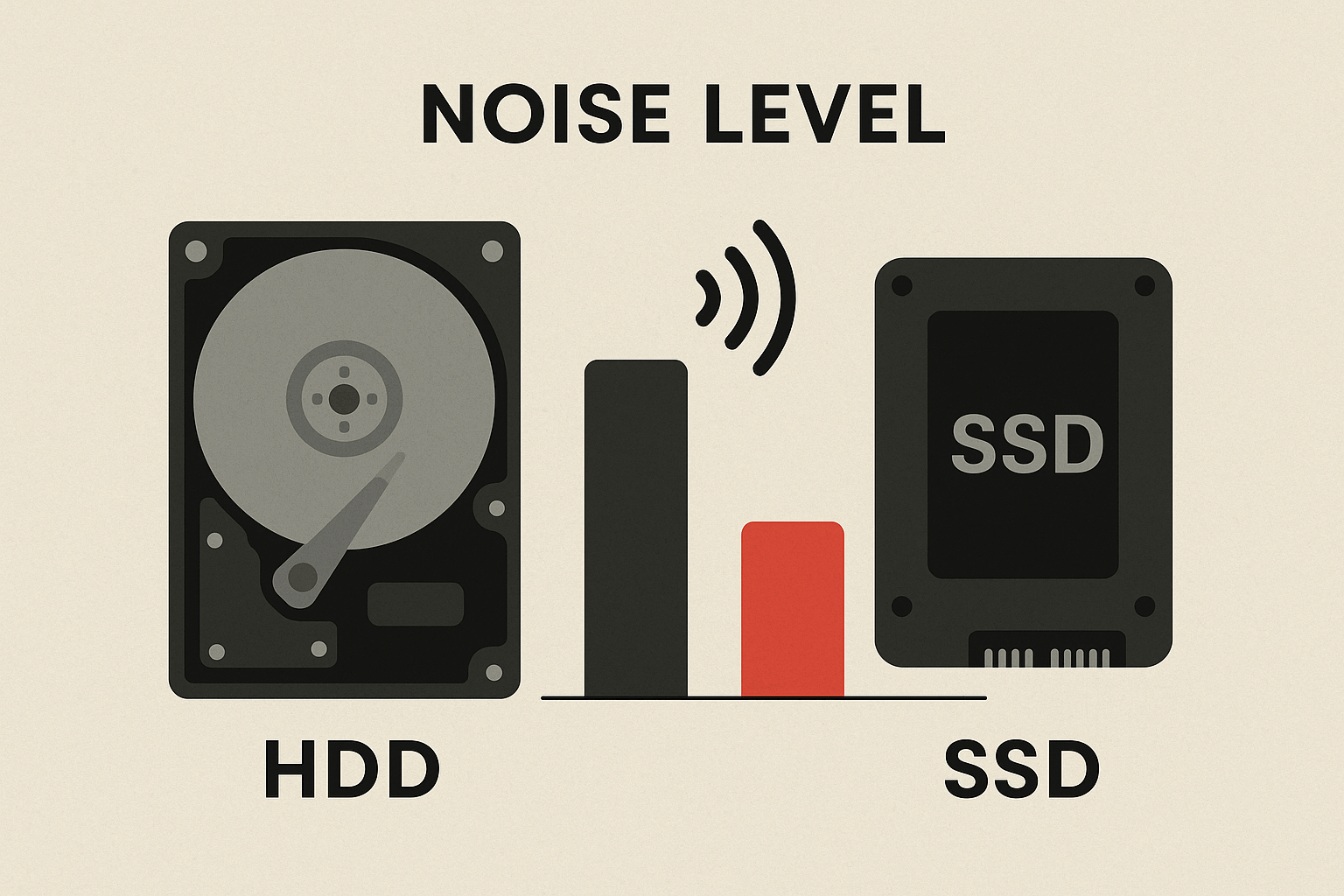What Can Damage a NAS Hard Drive? Risks, Repairs, and Protection
One day, your media library is perfectly organized. The next, a silent red light signals that years of curation are gone. This wasn’t just a hypothetical scare—it was the reality for a Reddit user who lost their entire 4TB Plex TV show library when their WD MyCloud drive failed without warning.
This story underscores a brutal truth. Our growing dependence on digital storage makes us all vulnerable. Hard drives will fail—it’s not a matter of if, but when.
Key Takeaways:
- Hard disk drives (HDDs) in NAS are vulnerable to heat, power surges, mechanical wear, logical errors, and even manufacturing defects.
- Preventive steps include proper cooling, using a UPS, choosing NAS-grade drives, updating firmware, and running regular health checks.
- Some disk failures caused by logical errors or firmware issues can be repaired, but severe physical damage usually requires costly data recovery.
- A strong backup strategy remains the most reliable protection against data loss, even when hardware failures occur.
What Can Damage a Hard Disk?
Hard disks are not invincible. Whether in a PC, laptop, or NAS, drives face risks that can lead to failure. Let’s dive into the most common culprits and how you can prevent them.
Heat and Inadequate Cooling
Heat is the silent killer of electronics. When a NAS is stored in a cramped closet or its vents are clogged with dust, heat gets trapped. Over time, this constant thermal stress degrades sensitive components and dramatically shortens a drive’s lifespan. Excessive heat not only shortens component lifespan but often increases fan noise as the system struggles to cool itself. If noise becomes a concern alongside temperature, you may find this guide to reducing NAS noise especially helpful for maintaining a quiet, well-ventilated setup.
- Prevention: Place your device in a cool, well-ventilated area. Regularly clean the vents and ensure its cooling fans are working properly.

Power Surges and Outages
Systems that run 24/7, like a NAS Storage, are constantly exposed to fluctuations in your home’s electrical supply. A sudden power surge or an unexpected outage can fry a disk’s sensitive electronics or corrupt data mid-write, causing irreversible damage.
- Prevention: This is non-negotiable. Connect your NAS and any connected devices to an Uninterruptible Power Supply (UPS). A UPS regulates power and provides a battery backup, giving the system time to shut down safely during an outage.
{{UGPRODUCT}}
Mechanical Wear and Failure
Drives in a NAS Storage or server endure heavy, continuous use. This constant spinning and the movement of the read/write heads lead to mechanical wear. This stress is amplified in RAID configurations, especially during a rebuild process after one disk has already failed.
- Prevention: Choose hard drives specifically designed for 24/7 NAS operation. These are built for higher endurance. Additionally, use SMART monitoring tools to keep an eye on disk health and consider proactively replacing drives every 3 to 5 years.
Logical Errors and Firmware Mismatches
Not all damage is physical. An unstable network connection can interrupt a data transfer, leaving files corrupted. In multi-disk systems like a NAS, mismatched firmware versions between drives can also trigger errors. Think of this as a filing cabinet with a jumbled index; the files are there, but the system can’t find them.
- Prevention: Use a stable, wired Ethernet connection for maximum reliability. Keep all drive firmware updated and ensure it is compatible with your NAS operating system. Run periodic disk health checks to find and fix logical errors early.
Manufacturing Defects
Sometimes, a drive is flawed from the factory. As disk capacities grow, their complexity increases, raising the chance of a subtle defect that can lead to premature failure.
- Prevention: Buy drives from reputable brands with solid warranties. Before entrusting a new drive with critical data, run a full diagnostic or “burn-in” test to check for issues.
Can a Damaged NAS Disk Be Repaired?
Now that we have seen what can go wrong, you are likely asking the big question: can a damaged disk be fixed? The answer depends entirely on the nature of the damage.

When Repair Is Possible
Not every failure is fatal. Software-based issues can often be reversed. Logical errors, like a corrupted file system, can frequently be repaired with disk utility software. Similarly, if the drive’s internal code (firmware) has faltered, a reset or update can sometimes bring it back to life, much like restarting a stalled computer.
When Repair Isn’t an Option
Some damage is too deep to fix. Catastrophic physical failures, like a scratched platter or a burned-out motor, are like a shattered windshield. No amount of tape will make it whole again. These failures, often caused by drops, floods, or extreme heat, push a disk past the point of no return. Attempting to repair severe physical damage requires a specialized cleanroom lab and costs that far outweigh simply replacing the drive.
Data Recovery: The Last Resort
Even if the disk itself is a lost cause, your data might have a lifeline. For severe physical damage, professional data recovery services can often extract files, but this process is invasive and very expensive. For milder logical corruption, some DIY software tools can help you retrieve lost files. Success is not guaranteed, but it can be worth a shot.
Ultimately, the type of damage matters far more than the brand of the drive. A high-end NAS drive with a fixable logical error has a better chance than a budget drive with physical scars.
Conclusion: Prevention Is Your Best Strategy
Your hard disk is the vault holding your digital life. While some failures can be repaired and data can sometimes be recovered, prevention is always the best approach.
Handle your hardware with care, keep it cool, and protect it from power fluctuations with a UPS. Most importantly, maintain a robust backup strategy. A regular, automated backup is the only true guarantee against data loss. Protect your drives, and they will protect your data for years to come.

